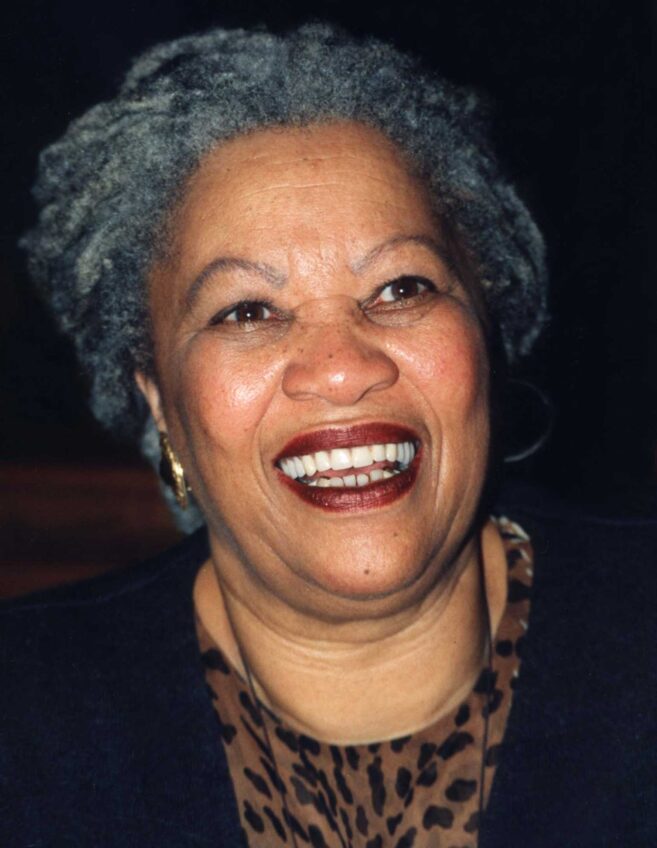The Coronavirus pandemic has disrupted people’s daily lives across our commonwealth and around the world. Its impact has exposed deep, systemic inequalities, hitting some constituencies harder than most – restaurant workers who cannot make the rent on this first day of the month, immigrants who cannot file for federal unemployment benefits, already isolated seniors without access to technology for social connection, and public school students missing out on free and reduced breakfasts and lunches.
A complete count in the 2020 Census is more important than ever to make our communities more resilient in face of challenges. In this public health emergency, Census data helps first responders and disaster recovery personnel identify where and how much help is needed. Data from the census determines the distribution of resources for public health systems, our social safety net, and essential services that we all rely on every day.
Today, April 1, 2020, is Census Day. The 2020 Census seeks to take a snapshot of where every resident of the United States lives on this day to shape public policy for the next ten years.
Communities of color, immigrants, renters, and young children have been historically undercounted in previous decennial censuses. As of March 30, 36.8% of Massachusetts households have filled out their Census. A near majority of households in some census tracts, especially in wealthier communities, such as around Chestnut Hill, have completed the census. Meanwhile, just miles away in a predominantly low-income community of color adjacent to Franklin Park, fewer than 1 in 5 households have completed their Census questionnaire. Another undercount means millions of dollars in untapped federal funds will not reach some of the most vulnerable communities in Massachusetts. Accurate data from the 2020 Census will provide a more complete picture of our communities’ needs, an important first step for addressing urgent community challenges, from public health emergencies to the eviction crisis.
The good news is that the 2020 Census is confidential and easy and can be done from the safety of our own homes. The confidentiality of individuals’ responses to the 2020 Census is protected for 72 years by a federal law called Title 13. This law has withstood numerous challenges in court. Data is only used at an anonymous, statistical level to inform how resources and representation can be fairly distributed to our communities. Over 275 organizations across the country, including many legal organizations, have signed onto a national pledge to protect the confidentiality of the 2020 Census. Many local organizations, including the Massachusetts Census Equity Fund, MassCounts, Lawyers for Civil Rights, the American Civil Liberties Union, the Massachusetts Immigrant and Refugee Advocacy Coalition, as well as the Attorney General have committed to protecting the confidentiality of the 2020 Census for residents of our commonwealth.
In this time of physical distancing, households can easily complete the 2020 Census by logging onto my2020census.gov or calling the Census Bureau, which accepts calls in English and twelve additional languages. All households received two letters from the Census Bureau inviting them to respond with a 12-digit code, and households that have not responded yet likely have received a postcard in the past week. One person can fill out the Census questionnaire for their entire household, with the code from the letter or with their address. The questionnaire has just ten questions: four questions about the household (number of people, renting or owning, phone number) and six questions about each person living in the household (name, age, sex, age and date of birth, race, ethnicity).
Today, this Census Day, we hope that every household in Massachusetts makes our communities safer and healthier by participating in the 2020 Census and keeping physical distance. Our communities’ resilience to confront the challenges of the next decade depends on every household doing its part to ensure that we are seen, heard, and counted in the 2020 Census.
Beth Huang is the Director of the Massachusetts Voter Table, a coalition of 23 base-building organizations that seeks to increase civic engagement among people of color and immigrants and in low-income communities.






